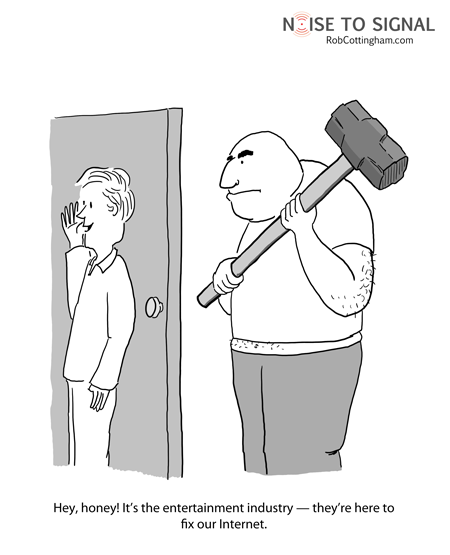These are pretty awful times in much of the Western world, and the next four years in the U.S. look especially disturbing. But there are bright spots — and one of those came shortly after the inauguration.
First several national parks’ Twitter accounts began defiantly posting climate change facts. Then, as the new administration gained control over those accounts, a slew of rogue national parks and science agency accounts sprang up. To someone (me) whose faith in the positive role of the Internet in civil society has been badly shaken over the last year, it’s been a welcome sign of hope.
A much bigger and brighter spot has emerged, too. Online organizing coupled with on-the-ground mobilization produced the historic Women’s March on January 21—with the Washington, D.C. March eclipsing the attendance at the inauguration the day before. By one estimate, the march drew more than 3.3 million people in more than 500 U.S. cities and towns, and an additional quarter million in 100 cities world-wide. (One of those was my town of Vancouver, Canada.) Online organizing also allowed the swift mobilization of protests at major airports over the past few days in response to an especially egregious Trump executive order on travel to the U.S.
And of course online media sharing has let participants at all of these events broaden their reach, and amplified the sense of being part of something much bigger. Social media has a lot to answer for in the alt-right seizure of American executive power. But it also gives us crucial tools in the fight to overcome it, and for more democratic, humane ideas to prevail.
Noise to Signal is, of course, about how we live our lives in the digitally networked era. If you’re up for commentary on the desolate hellscape of American national politics, you might want to check out my collection of #trumpcaps.


